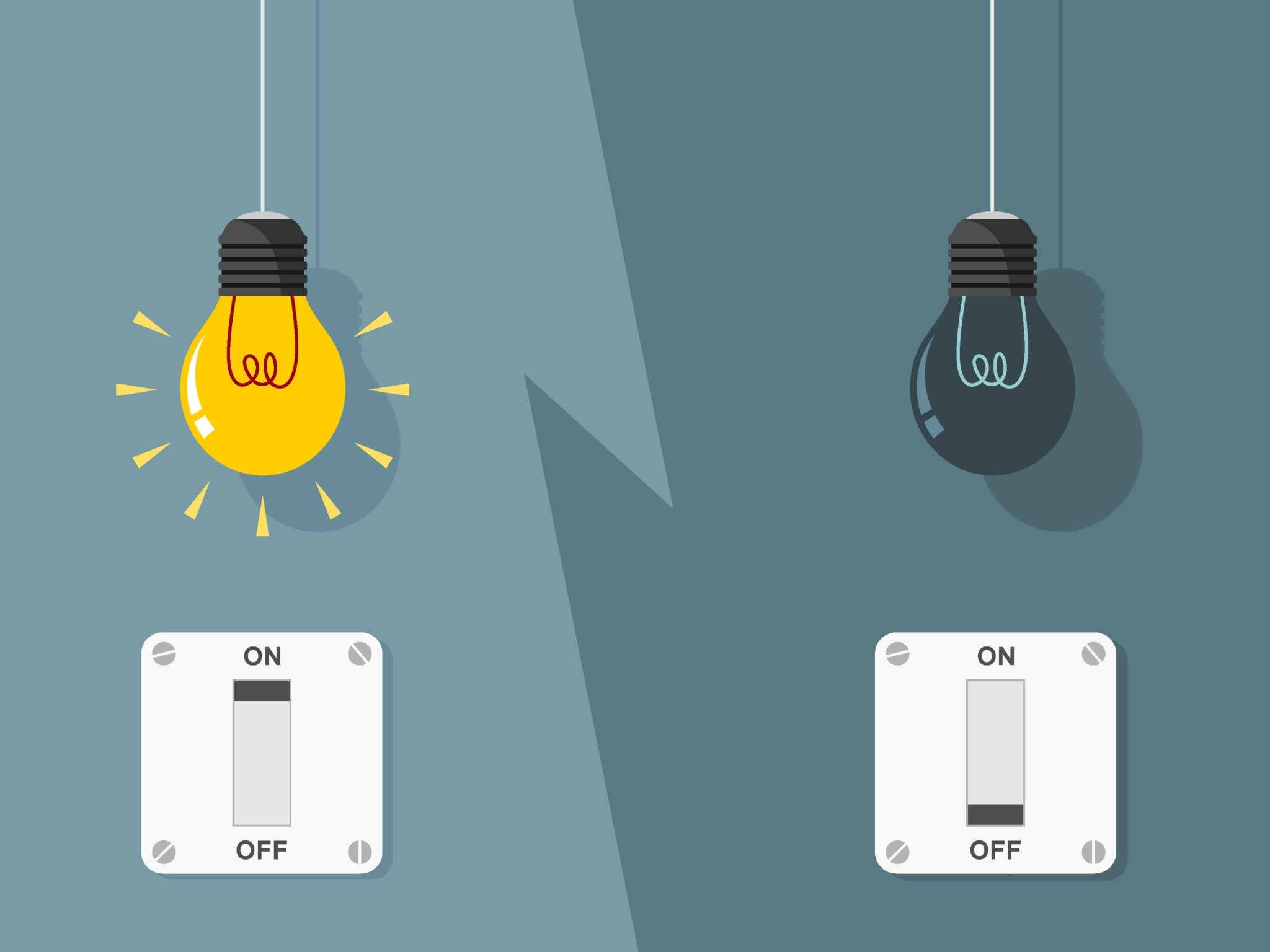Big Power Switch Off: What is it and how will it help the cost of living crisis?
The first event was held on 10 April and could become a weekly protest against cost of living

Your support helps us to tell the story
From reproductive rights to climate change to Big Tech, The Independent is on the ground when the story is developing. Whether it's investigating the financials of Elon Musk's pro-Trump PAC or producing our latest documentary, 'The A Word', which shines a light on the American women fighting for reproductive rights, we know how important it is to parse out the facts from the messaging.
At such a critical moment in US history, we need reporters on the ground. Your donation allows us to keep sending journalists to speak to both sides of the story.
The Independent is trusted by Americans across the entire political spectrum. And unlike many other quality news outlets, we choose not to lock Americans out of our reporting and analysis with paywalls. We believe quality journalism should be available to everyone, paid for by those who can afford it.
Your support makes all the difference.British households are protesting the rising cost of energy bills with weekly nation-wide blackouts.
The first event, dubbed the “Big Power Switch Off”, saw homes across the UK switch off their power at 10pm on Sunday 10 April in a bid to protest soaring energy prices.
A new energy price cap came into effect on 1 April which sees energy bills for 22 million households rise by 54 per cent.
Yet, the protest wants to cut profits to some of the UK’s biggest energy suppliers and reverse the rising costs.
Why have energy prices gone up in the UK?
Due to a global shortage on gas and energy supplies, wholesale gas prices have risen which has caused a surge in energy bill prices for UK households.
As of 1 April, customers on default tariffs who pay by direct debit will see their annual bill increased from £1,277 to £1,971.
The UK has been plunged into a cost of living crisis which has not only seen energy prices rise, but a rise in internet and council tax bills, as well as the cost of everyday items.
What is the Big Power Switch Off?
The idea stemmed from a widely-shared Facebook post which called for British households to turn off their lights and unplug their electrical appliances for 10 minutes at 10pm on Sunday night.
The post read: “Tonight is the night of the big power-off. The idea is that, if it won’t put you at risk, you switch off all of your electrical appliances, lights, or switch off at the breakers for 10 minutes.
“This short power off will cause an imbalance on the national grid, where consumption becomes lower than predicted and therefore the electrical supply is too great.”
The post continued: “To protect the grid, power stations will be temporarily disconnected or issued notices to attenuate their output. Because the grid is publicly owned, but power supply is private, this effectively creates a 10 minute boycott of the privatised portions of our power supply, losing them up to an estimated £9m in revenue.
“That’s right, private energy companies take in an estimated £9m every 10 minutes in UK!”
How will the Big Power Switch Off help with the cost of living crisis?
The Facebook post said that it hoped that, if enough people turned their power off at the same time, it would cause energy companies to reverse their costs.
“It is hoped that this slap in the wallet will cause energy companies to revise their prices, as was the case in Spain,” the organisers said.
Will the Big Power Switch Off happen again?
While initially a one-time event, social media users have suggested Britons turn off their power supply at the same time each week.
“What about doing the #BigPowerOff same time every week? Grow the movement; make a bigger impact!” one user wrote.
Another user said: “The UK pumped storage had to be used to balance the grid frequency. Roughly 10 per cent of the capacity. Once it’s used, it can’t be re-used for many hours. Next time do it at 8, then again at 9. More people the better.”
A second Big Power Switch Off has been confirmed for Sunday 16 April at 7pm this time instead of 10pm.


Join our commenting forum
Join thought-provoking conversations, follow other Independent readers and see their replies
Comments